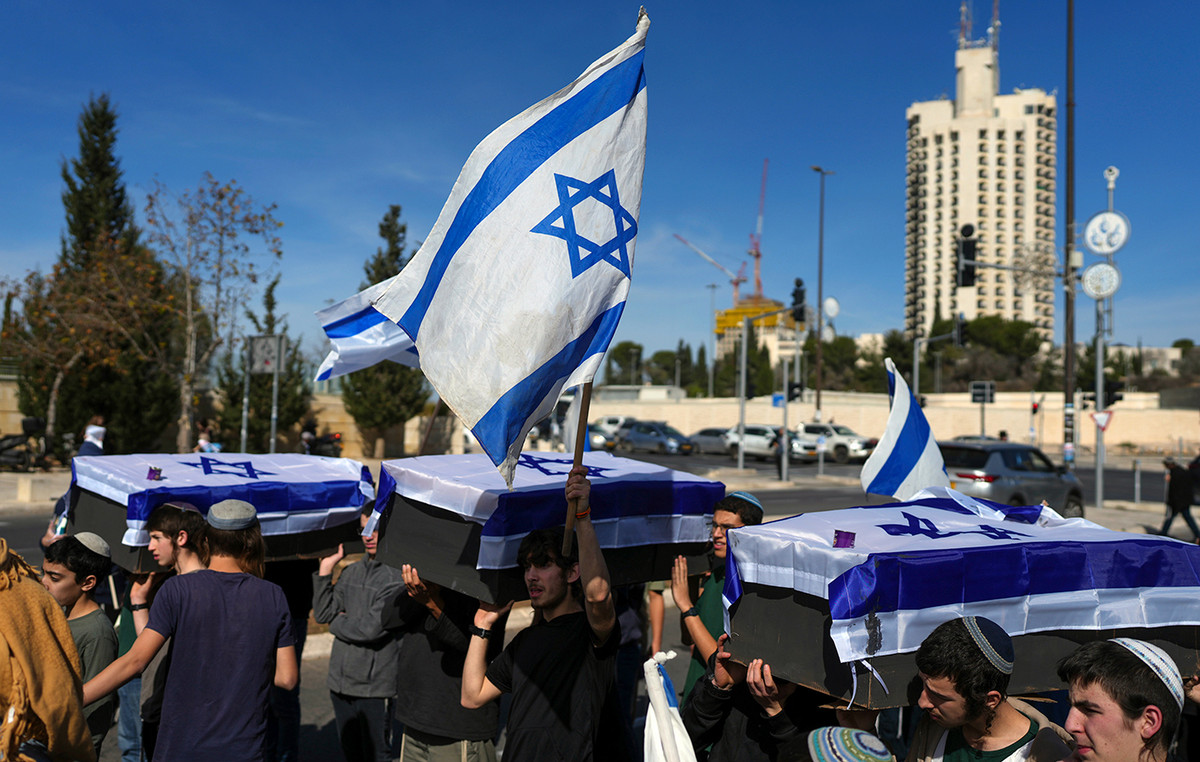The closure of the global health emergency by Covid-19, by the World Health Organization (WHO), this Friday (5), raised doubts about how countries can conduct the fight against the pandemic and how the population can prevent itself from from this moment.
In announcing the decision, WHO Director-General Tedros Adhanom highlighted that the measure does not mean that Covid-19 ended up as a threat to global health.
“Over the past week, Covid-19 has taken a life every three minutes — and those are just the deaths we know of. As we speak, thousands of people around the world are fighting for their lives in intensive care units. And millions more continue to live with the debilitating effects of the post-Covid-19 condition,” said Adhanom.
To clarify the next steps of this pandemic transition period, the CNN consulted the Ministry of Health, the National Health Surveillance Agency (Anvisa) and the Oswaldo Cruz Foundation (Fiocruz) and the Butantan Institute.
In a note, the Ministry of Health reinforced that vaccination is essential to maintain control over the spread of the virus and possible increases in the number of cases and deaths.
The Butantan Institute, which throughout the pandemic highlighted the importance of immunization against the disease, did not comment on the subject. Anvisa and Fiocruz did not respond until the closing of the report.
What the Ministry of Health says
The Ministry of Health highlights that guidelines on measures to prevent and control Covid-19 established by the portfolio and published in technical notes are still valid. The guidance includes guidelines on mask wearing, social distancing, and performing diagnostic testing, as well as recommendations on vaccinating against the disease.
The most recent documents from the ministry highlight that masks must be adopted by people with flu symptoms, suspected or confirmed cases. In addition to individuals at increased risk of complications from the infection in situations such as closed places, with crowds or health services. Regarding isolation, the ministry advises a period of 5 to 10 days, according to the presence of symptoms and the results of the laboratory diagnosis.
Regarding vaccination, the number of doses recommended by the Ministry of Health varies according to age and health condition, based on scientific evidence of increasing and maintaining immunity and protection against the disease – see the scheme here.
In a statement, the Minister of Health, Nísia Trindade, points out that the announcement made by the WHO proves that vaccination saves lives and was responsible for reducing deaths worldwide, allowing to reach the current epidemiological scenario.
“However, the end of the emergency declaration does not mean the end of the circulation of Covid-19. Therefore, vaccination continues as a fundamental action. We need everyone’s mobilization to expand vaccine coverage and fight misinformation that questions the safety and efficacy of immunizers”, said Nísia.
In Brazil, Covid-19 caused more than 700,000 deaths and 37.4 million cases. “We will never forget the lives lost. This memory has to feed us in repairing the pain, because we need to do that, but, at the same time, in the union for the future, so that new tragedies like this are not repeated”, added the minister.
Maintenance of preventive measures
The Brazilian Society of Infectious Diseases (SBI) released, in a note, that the WHO decision is in line with the epidemiological situation presented in Brazil, and in
other countries in the world.
SBI also highlights the importance of preventive measures, especially aimed at the most vulnerable populations such as the elderly and immunosuppressed, epidemiological surveillance of SARS-CoV-2 and efforts to increase vaccination coverage.
“The pandemic was a great challenge, we managed to overcome obstacles and learned a lot about public health. However, SBI reinforces the need to increase vaccination rates for covid-19. This should be a priority, including booster doses, for all audiences”, says Alberto Chebabo, president of SBI.
Source: CNN Brasil
I am an experienced journalist and writer with a career in the news industry. My focus is on covering Top News stories for World Stock Market, where I provide comprehensive analysis and commentary on markets around the world. I have expertise in writing both long-form articles and shorter pieces that deliver timely, relevant updates to readers.







